
to Hive being
welcome
What is Hive Being, and Why the Name?
You have likely heard talk of a hive mind, where one global mind finds more or less figurative expression in various local minds. Such talk is common enough in nature documentaries, especially ones concerning ants or bees, and in sci-fi programs. Take that notion, at least a loose version of it, and broaden its scope. That will be a decent first step in understanding the title I have chosen both for my Blog and for the first five-volume installment of my magnum opus Made For You and Me, a fragmentary collection of minimalist stanzas from 2016 to 2020.
In alignment with Spinoza (the 17th Century Rationalist to whom I devoted my doctoral studies), I view reality in its totality as a grand hive Being: all entities are but pulsating manifestations of the buckstopping fount of everything, an ultimate being we might call “God” or “Nature” (so long as, out of respect for the capital “G” and the capital “N,” we limit it neither to some anthropomorphic cloud father hurling lightning bolts nor to mere wilderness untouched by human smog). According to the hive-Being view (where reality is one lone superorganism, a monistic—and we might even say unividualist—conception I defend in both my creative and academic capacities), each non-foundational being (each being, that is, whose essence does not involve existence) is an utterly necessitated expression or eruption or exudation of this eternal source—each is, perhaps better put, a mode or manner of being, and so a focal point through which is disclosed, what classical theists sometimes call “being itself” (ipsum esse subsistens): the realness of the real, the being of whatever may be, the sheer activity of being, the very isness of whatever is. This Blog, which duplicates my Substack, throbs as but one among many literary unfurlings of this self-necessitated foundation, this supreme wellspring, of which we—like black holes and broken beliefs, like fractal ferns and flickering flames—are the inevitable stylings.
My Journey
I am an academic who found himself pressured into early retirement by the rising tides of cancel culture. The illiberal scourge of censoring, silencing, and shaming—although always with us throughout our evolution—reached a local peak around 2021. That was the turbulent year my creative pursuits, which the old left once encouraged as a healthy outlet for the stresses of a childhood steeped in poverty and illiteracy, drew the ire of the new safe-space left. A small cadre of self-proclaimed victims and their allies, several of whom continue to berate me years later under pseudonyms as see through as their sexual infatuation, sought to erase me and my heterodoxy. They found support from a wannabe-woke dean, covered in the grand inquisitor robes of our decadent modernity (full-body tattoos) and just itching to signal his commitment to protecting “vulnerable populations” from triggering material (even if just, as it was in my case, off-duty poems “unbecoming for someone calling himself a teacher”). Although I eventually won my due-process case with the help of The Foundation for Individual Rights and Expression, I slunk away from a college that turned its back on protecting freedom of expression and from an institution increasingly intolerant of intellectual diversity.
The wrecking ball to my too-comfy office in the windowless ivory tower came with a silver lining. From the ashes of my professional aspirations rose a phoenix of increased freedom to fulfill the literary calling I have pursued for decades. Reputation concerns never stopped me, even within academia’s sterile halls of conformity. Indeed, my unapologetic defiance, which has long baffled friends and family, no doubt chummed even safe waters—almost as if I were asking for it all along—until the cancel shiver grew too frenzied to hold back its blind thrashings. But now, now I piston the most forbidden territories of human thought with no longer even a twinge of conscience. The newfound freedom means extra time to hone my craft. When not assisting special-needs communities (a day job far more rewarding than freeway-flyer drudgeries), I pursue my literary mission with Dionysian fervor.
Call for Co-Conspirators
This space, my digital sanctuary, showcases the fruits of my mission. Think of my posts, even those linking to my publications, as works in progress. I want your input, unflinching brutality included. Each post begins with an invitation to action: “Let’s workshop this [draft about x, y, z].” Your contributions, whether through public comments or my contact page, help hammer scraps of ore into polished blades fit for magazine publication.
Your input is valuable, even if you are neither a writer nor a reader of literature—twin disciplines dying by the cyber nanosecond. Sometimes—even if at the risk of uttering banalities—an outsider’s fresh vantage can pierce the veils of convention to reveal what insiders miss. It often takes an outsider to make us even think to question our ingrained presuppositions and attitudes. I stand by the hygienic value of contagion. That is one reason I advocate so strongly for intellectual diversity and freedom of expression. And that is also one reason I was so harrowed by the anti-diversity swell of cancel culture in academia (an institution that should be the utmost caretaker of such values)—harrowed especially insofar as that swell masqueraded under the gaslighting guise of “diversity”).
You will witness the breathing evolution of my writings over time. To track these changes, I label each revision by round: “ROUND 2,” ROUND 3,” and so forth. Each piece undergoes continuous refinement based on your feedback and my own revisitations. Sometimes changes will mar the work. That is the risk of creative tinkering as a finite creature. I hope you will alert me to missteps. After many semesters of university writing workshops, one rule has impressed itself upon me: when someone senses a flaw, something almost always needs to change—even if, yes, the proposed solution misses the mark (which often it does). From a quick look into the archives, accessible here, you can see how much I have benefited from your feedback so far.
My Hope
Sharing drafts can be daunting. But showing you the ravaged and unperfumed real deal unfiltered by makeup (stuttering starts and falsities, awkward line breaks and clumsy word choices, grammatical errors and misspellings)—that not only makes my work more relatable, but helps me refine things through your input. I hope the unfiltered look at the raw process of fumbling, rather than just the polished product, also helps other writers develop their craft. Imperfect works often instruct more than perfect ones: whereas the perfect ones tend to have a grace by which they slip inside us without activating our scrutiny, the imperfect ones—especially the near perfect ones—show us glaringly what not to do.
People laugh at me, seeing—in my tilting at the windmills of literary excellence—a Don Quixote clunking around in Arthurian armor in a post-knight era. I am not naïve. I am well aware of the diminishing ability to read, let alone well: slowly and deeply, with gratitude. I am also aware that my style, which often nests subpoints within larger points, never waters down virtuosity for the sake of mass appeal. I watch readers stumble over my sentences, unable to unlock even just the music of the envelope let alone the semantic meat within, which—given my tendency to flashlight through the darker facets of human nature (the addicts, the miscreants, the abusers among us)—only adds an additional alienating layer of difficulty). Beholding these depressive scenes of even supportive family members getting bucked off my syntactic bronco makes me feel like a dinosaur who should get a hint and, if not succumb to the brain rot of skibidi-toilet speak, just hang himself already. Even though the decline in linguistic background and grammatical voltage makes my compositions seem quixotic in a world binging Netflix and TikTok, I persist—raging against the dying of the light—by some internal compulsion to celebrate the richness of language and thought.
My hope is that, despite social media’s unparalleled power to farm our attention, people never forget the unique power of writing. Beyond unveiling hypocrisy, teasing out complex implications, and detailing the commonalities between even the most alien phenomena, writing offers something we need today—trapped in agoraphobic cyber bubbles only thickened by the Lyme dangers of forests and the COVID dangers of cities—perhaps more than ever. Granting us rich access to the first-person perspectives of others (to how things feel to them), writing serves as one of humanity’s best tools for combating loneliness. It allows us to linger, broadly and deeply and at high resolution, within the inner lives of others in a way that other arts can only suggest.
What to Expect
My work spans a broad spectrum: from metaphysical discourses on free will and determinism and the ontology of holes to the ephemera of western culture (whether the childhood impacts of the hypersexual mono-image of black woman as squirting twerkers or Terrence Howard’s sham revolution of mathematics). Some tight and minimal, others free-flowing sprawls; some heady and abstract, others emotional and imagistic—my inkwell musings, which often blend scholarly rigor with a dark humor from both high and low culture, aim to capture the visceral intensity of our personal and social and ultimately existential predicaments.
By no means can I deny that drug abuse, sexual assault, and the tales of the broken and the damned loom large in the tag cloud of my work. My writing will never be a paradise of easy truths and comforting lies. It will challenge you, provoke you, and at times even repulse you. I offer no apologies for the monsters I unleash. They are as much a part of us, at long root scared rodent mammals scurrying in the shadows of dinosaurs, as our noblest aspirations.
But make no mistake. It is not all downer darkness. The archives are my receipts. You will find pieces exploring the pursuit of authenticity in a media-saturated world, the search for meaning in an indifferent cosmos, and the celebration of beauty in both the sublime and the profane. I locate much of my inspiration, in fact, in novelists like Dostoevsky and poets like Ted Kooser—writers unafraid to pursue moral agendas or risk Hallmark sentimentality in an age that often sneers at sincerity.
Be they satirical dissections of modern social dynamics or poignant poems about addiction or academic articles on moral responsibility, my goal is to provoke thought, evoke emotion, and foster meaningful dialogue. Fear has not and will not stop me from challenging humanity’s fundamental taboos (like bestiality and cannibalism) or self-reflecting into the dark chaos of the subconscious, even if that means exposing the Jungian shadows—the inner Goebbels—lurking within us all!
Expect posts each day, no day missed. Donations are welcome, but I impose no paywall: it feels wrong to charge for art, especially given our date with obliteration. Feel free to explore what amounts to, at the time of writing this, close to a thousand pieces of poetry and prose here. That should give you a sense of what awaits.
Join me—specula holstered—on this literary odyssey into the public and private nooks of the hive Being. Let us navigate the labyrinth of creation together, confronting our demons and even slaying our darlings if we must. Let us dance on the razor’s edge between the sublime and the profane in pursuit of an elusive literary perfection never to be confused—as it has been confused in our declining civilization—with the pursuit of popularity or likeability over truth.
tag cloud
- literature community
- American literature
- poetry
- literature
- poem
- literary
- creative writing
- writing
- poetry community
- Michael Istvan
- Istvan
- perception
- defiance
- suffering
- existential poetry
- dissociative
- existential
- healing
- human
- poet
- mortality
- power
- art
- artist
- God
- evolution
- death
- darwin
- love
- anxiety
- sex
- crack
- adolescence
- meditation
- campus warrior
- psychoanalysis
- Nietzsche
- substance abuse
- rape
- Earth
- sensual
- resilience
- hardship
- poverty
- addiction
- homeless
- Life affirming
- addict
- trauma
- therapy
- rapist
- sexuality
- hypersexual
- parenthood
- traumatic
- prison
- disease
- parenting
- love letters
- grooming
- vines
- christianity
- murder
- anal
- dogs
- hyperarousal
- choking
- anal sex
- junkies
- religion
- true crime
- faith
- hoodlum
- worship
- traitor
- thugs
- Biggie
- treachery
- islam
- babies
- hypocrisy
- cunnilingus
- muslims
- identity
- honey pot
- baby feet
- care
- pound town
- feet
- cops
- power dynamic
- olympics
- dread
- homosexual
- blm
- woke
- horse
- gymnastics
- safe space
- repression
Posts

Supplicant
"Supplicant" captures the desperation of addiction, using the imagery of a fleeting, mistaken hope to highlight the depth of the speaker's psychological and physical thirst for relief. The poem opens with a scene of vulnerability: the subject is "on all fours," symbolizing a posture of both physical weakness and spiritual supplication. The fleck of perlite—a seemingly innocuous byproduct from tending to her pothos plant—becomes a powerful metaphor for the irrational yet overwhelming compulsion to seek solace in substances. Despite knowing it is "just a fleck of perlite," the subject’s desperation distorts reality, causing her to mistake it for "what she needed." The act of smoking it, though irrational, becomes a poignant expression of the lengths to which addiction drives individuals, highlighting the delusions that accompany both physical cravings and mental anguish.
The poem then deepens this sense of delusion by invoking the metaphor of a "castaway" succumbing to "the sea's false embrace." This metaphor powerfully conveys the theme of addiction as a cycle of self-destruction, where even those who "know better" are drawn back to harmful behaviors. The "psychosis of thirst" likens the addict's compulsion to the irrational behavior of someone lost at sea, kissing the saltwater that they know cannot quench their thirst, but whose allure is too strong to resist. This image emphasizes the tragic irony of addiction: the false hope that something inherently harmful will provide the relief that is so desperately sought.
The poem, though brief, explores the interplay of rationality and compulsion in addiction, revealing the tragic futility of seeking solace in false sources of comfort. "Supplicant" touches on the themes of vulnerability, delusion, and the cyclical nature of addiction, offering a stark meditation on the ways in which desperation can cloud judgment and drive individuals to self-destruction, even when they are fully aware of the futility of their actions.
addiction, desperation, compulsion, delusion, vulnerability, supplication, psychosis, false hope, substance abuse, self-destruction, craving, irrational behavior, castaway metaphor, addiction cycle.

Built-In Vetting and Defense
In "Built-In Vetting and Defense," the poem portrays a highly calculated, transactional world of drug dealing, where power is subverted through a twisted form of mutual coercion. The dealer insists that the buyer threaten him, flipping the script and making the buyer responsible for initiating the transaction under duress. This method enables the dealer to claim that any illegal sale was done involuntarily, thus protecting himself from legal consequences. The forced recitation of threats during video chats creates a bizarre ritual, demonstrating how paranoia and survival have redefined trust in this dangerous, illicit space.
The poem deftly captures the tension of these interactions, as the buyer is coerced into delivering a violent ultimatum in order to obtain drugs, framing the transaction as legally ambiguous. The inclusion of a disturbing, sing-song chant, “♪ Mr. ’Tato Head, ♪” adds a layer of dark absurdity, revealing how deeply twisted this environment is, where the power of threat becomes intertwined with grim humor. The ritualized threat adds a performative element to the transaction, blending menace with absurdity, as if to downplay the grim reality with a veneer of forced casualness.
The poem examines themes of manipulation, paranoia, and the moral contortions present in criminal dealings. It explores the psychological toll of existing in a world where coercion is mutual and trust is based on threats of violence. The piece critiques the absurd lengths to which individuals go to protect themselves in the underworld, where every move is calculated for survival, and moral lines are blurred beyond recognition.
mutual coercion, drug dealing dynamics, illegal transactions, plausible deniability, under duress, power inversion, paranoia, criminal manipulation, threat-based exchanges, dark humor, moral ambiguity

Gig Economy Tonsils
"Gig Economy Tonsils” is a haunting commentary on the unending cycles of labor, addiction, and the dehumanization of the working class within the modern economy. The title itself evokes a tension between the body’s biological needs—like tonsils, part of the immune system—and the disposable nature of labor under late capitalism, where even our organs might feel like they are consumed by the demands of a ‘gig economy.’ This reference to tonsils hints at something once vital but now taken for granted or removed, much like the human spirit eroded by the pressures of endless toil and addiction.
The poem immediately confronts us with a bleak worldview. "No retirement in living sight, their manta ‘shit, ain’t none for eating either’" suggests that for the poem’s subjects—likely fentanyl-addicted laborers—there is no respite, no end in sight, no retirement from their lives of grind. The concept of retirement, typically a hopeful goal at the end of a working life, is inverted here, with the drug addicts rationalizing that there is no retirement from eating, so why should their addiction be any different? The poem cleverly critiques this rationalization, showing how addiction becomes another form of labor, one they can never escape because survival itself demands constant consumption. Just as eating is essential for life, so too does addiction become essential for enduring the drudgery of existence.
Further, the drug use is portrayed as a product of systemic neglect, captured in the line “Xmas, Easter, just hollow markers of a world in withdrawal." These major holidays, usually associated with family, renewal, and celebration, are rendered meaningless, mere markers in a calendar devoid of meaning. The juxtaposition of sacred holidays with the phrase “world in withdrawal” draws attention to the widespread emotional and physical withdrawal from life itself that accompanies addiction and endless work. The poem suggests that these traditional markers of meaning have been hollowed out by a society that prioritizes profit over people, leaving behind a populace that grinds through their lives in a fog of fentanyl and empty celebrations.
The poem also reflects on the nature of survival in a capitalistic society that never allows for rest. The fentanyl-addicted subjects are “grinding now triple shifts to stay falling,” a vivid metaphor that highlights how the endless hustle and gig economy mentality extend even to the world of addiction. These addicts, like gig workers, must constantly hustle just to survive, but rather than upward mobility or stability, their efforts lead only to a slow fall. They orbit life as if satellites, “not sharply enough to crash.” The satellite imagery underscores the sense of detachment and isolation, drifting through life in an endless, futile orbit, never quite crashing but always spiraling downward. This speaks to the nature of addiction and late capitalism alike: an unbreakable cycle that consumes both the body and the spirit, with no final conclusion—only slow decline.
The poem touches on the deep societal failure to address this condition. While drug addicts are dismissed and forgotten by society, this poem insists that their experience is emblematic of a much larger crisis: one where work, addiction, and survival are indistinguishable. The comparison between addiction and the basic need to eat blurs the line between necessity and vice, showing how even our most essential human functions have become entangled with the destructive forces of labor exploitation and capitalist survival mechanisms.
In sum, “Gig Economy Tonsils” exposes the interconnectedness of addiction, labor, and survival in a world where there is no final rest, no redemption from the grind—whether that grind is work or addiction. The poem deftly critiques both the personal rationalization of addiction and the systemic forces that create an endless cycle of consumption, where even drug use becomes another form of labor in a life with no retirement.
addiction in capitalism, gig economy and addiction, labor as survival, endless grind, perpetual addiction cycle, drug use rationalization, survival under capitalism, fentanyl addiction and labor, consumption and capitalism, systemic failure and addiction, satellite imagery in addiction poetry, capitalism and drug dependency.

Istvan Academic BIO FAQ
The pursuit of becoming a professor in philosophy, as described in the provided academic biography, is a narrative that intertwines personal struggle, intellectual curiosity, and a deep commitment to the search for truth. The author's journey is marked by an early and profound engagement with existential questions, driven not by formal education or traditional mentorship but by a personal quest for understanding amidst challenging circumstances.
From an early age, the author was captivated by the profound questions that touch upon the essence of human existence. This intellectual curiosity was not sparked by a serendipitous encounter with a philosophical text or a mentor but rather emerged from the author's introspective nature and the harsh realities of their environment. Growing up in a community where academic pursuits were foreign and survival often took precedence, the author's early life was characterized by a sense of alienation and a relentless pursuit of understanding.
The author's narrative reveals a profound dissatisfaction with the conventional narratives and imaginative games of childhood, leading to a deeper engagement with philosophical inquiry. This early introspection, combined with an acute awareness of the emptiness of societal norms, laid the groundwork for a lifelong commitment to exploring the fundamental questions of existence. The author's journey into academia was not a straightforward path but rather a pilgrimage marked by personal struggle and intellectual discovery.
In high school and later in undergraduate studies, the author found glimpses of philosophical inquiry in literature and other academic disciplines. However, it was not until college that the author formally encountered philosophy, which offered a structured way to explore the deep questions that had always intrigued them. This formal introduction to philosophy provided the author with the tools to study cosmic conundrums head-on, without the crutch of plot and character found in literature.
The author's academic journey, including earning degrees in Philosophy and English, and later an MA in Philosophy and Creative Writing, reflects a balance between continental and analytic philosophical traditions. This diverse educational background enabled the author to approach philosophical questions from multiple perspectives, blending rigorous argumentation with a poetic and imaginative exploration of reality.
Throughout their academic career, the author grappled with the central problems of philosophy, focusing particularly on metaphysical questions about God and free will. The author's work is characterized by a commitment to logical rigor and an aversion to rhetorical sleight-of-hand, reflecting a deep-seated belief in the principle of sufficient reason. This philosophical orientation, rooted in the rationalist tradition of Spinoza and Nietzsche, underpins the author's approach to intellectual inquiry and teaching.
Despite the challenges of balancing teaching, research, and personal life, the author remained dedicated to the pursuit of philosophical truth. The narrative reveals a profound sense of mission, driven by the belief that philosophical inquiry is essential to understanding the human condition and addressing contemporary societal issues. The author's commitment to philosophy is portrayed as a relentless quest for understanding, driven by an insatiable curiosity and a desire to challenge conventional thinking.
In conclusion, the provided academic biography offers a rich and nuanced portrait of a philosopher's journey. It highlights the interplay between personal struggle and intellectual curiosity, revealing how the author's early experiences and deep-seated philosophical questions shaped their academic career. The narrative underscores the importance of philosophy as a lifelong endeavor, characterized by a relentless pursuit of truth and a commitment to exploring the fundamental questions of existence.

Morse Code of Distress
Morse Code of Distress is a concise, evocative poem that captures the turmoil and desperation of a young boy. It highlights his compulsive need to scrape a concealed weapon against the rough textures of the urban environment. This act, set against the twilight backdrop, symbolizes his search for a decisive action that could end his life, a life from which he feels trapped and unable to escape on his own. The poem powerfully conveys themes of distress, compulsion, and the silent cries for help through the boy's actions.

Coke Lessons
In "Coke Lessons," M. A. Istvan Jr. delves into the dichotomy of drug-induced euphoria and the subsequent disillusionment, reflecting on how initial ecstasy devolves into a cycle of craving and regret. The poem begins with the protagonist's memory of his first experience with cocaine, marked by an overwhelming sense of euphoria and philosophical expansiveness that seemed permanent and untainted by the inevitable comedown. This initial high is described as a "new dilation of ecstasy," a metaphor suggesting an opening up to new dimensions of feeling and thought, which at the time appeared immune to the passage of time or change.
Years later, the protagonist finds himself understanding his friend's earlier reservations during their shared experience. The friend, despite indulging in the drug, was already aware of the impending crash, a mixture of craving for more and a foretaste of the "grinding-bitter comedown." The protagonist now empathizes with this perspective, recognizing that the anticipation of the low diminishes the purity of the high, an awareness that he couldn't comprehend during his first encounter.
The poem shifts to a present moment where the protagonist, now a seasoned user, finds himself in the company of a newbie. The newbie's enthusiasm and naive confessions—ranging from incestuous thoughts to gay thoughts—during their drug-induced bonding reveal the raw vulnerability and disorientation that come with the first rush of cocaine. The protagonist feels a deep sense of unease, knowing the cycle of regret and self-disgust that awaits the newbie, evident in the hurried flipping of records mid-song and the unrestrained giving of gifts that will soon be regretted.
This unease grows as the night progresses into dawn, with the newbie making desperate phone calls to people from his past, illustrating the isolating and desperate nature of addiction. The protagonist feels trapped, sickened by the dependency on an unreliable euphoria that is "fake, unnatural." The questioning of this artificial ecstasy versus natural joy culminates in a profound moment of introspection. The protagonist wonders why the chemical-induced happiness should be considered any less real than the joy derived from significant life events, such as the birth of a child. This philosophical quandary underscores the poem's exploration of the nature of happiness and the human condition's susceptibility to both natural and artificial stimuli.
"Coke Lessons" is a powerful narrative that juxtaposes the fleeting euphoria of drug use with the lasting consequences of addiction. Through vivid imagery and reflective introspection, Istvan captures the tragic arc from initial thrill to inevitable despair, highlighting the complex interplay between temporary ecstasy and enduring regret.
M. A. Istvan Jr., Coke Lessons, cocaine addiction, euphoria, comedown, drug-induced ecstasy, addiction regret, philosophical reflection, fleeting happiness, enduring disillusionment, human condition, drug experience, vivid imagery, introspective poem, nature of happiness.
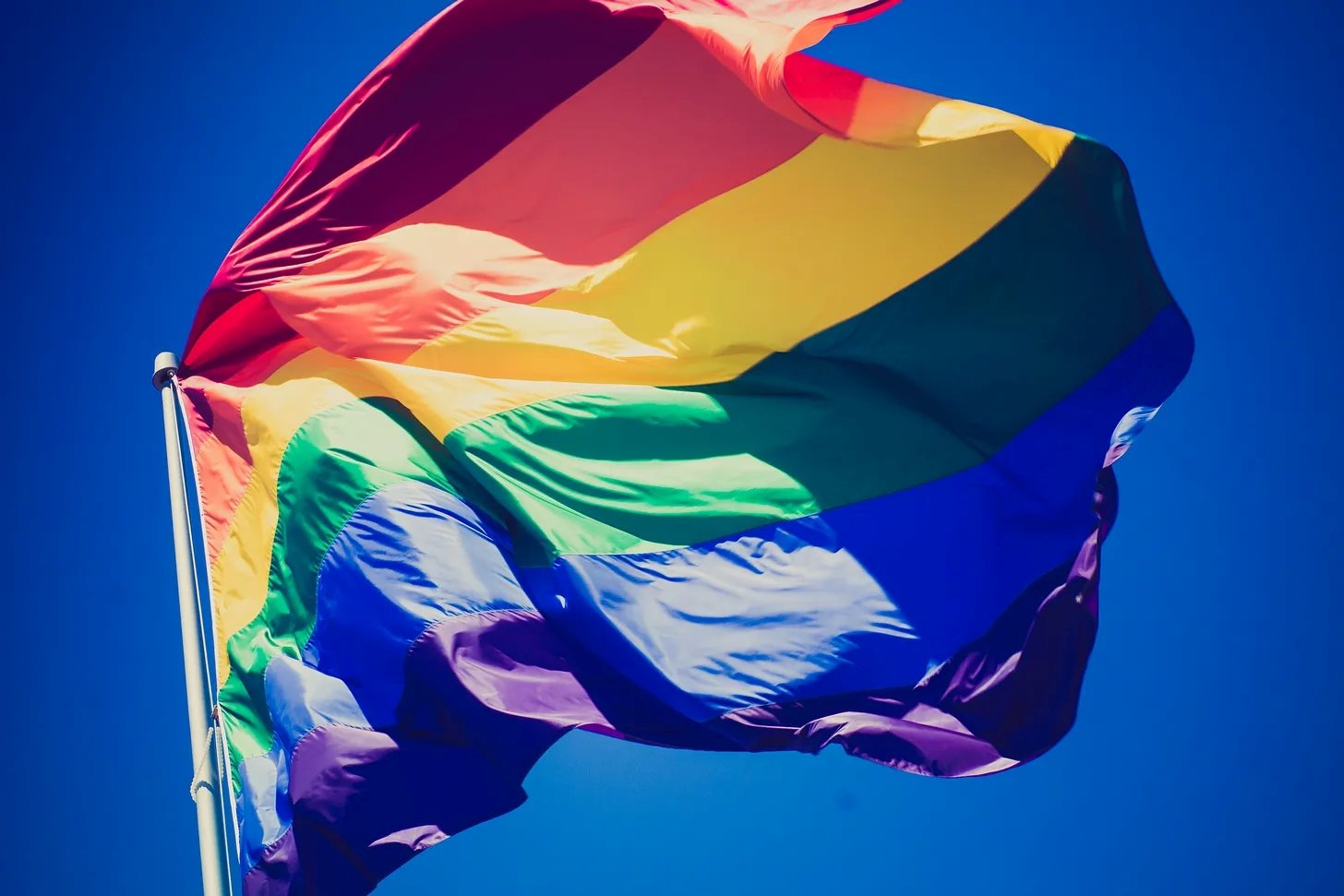
Rainbow Flags
"Rainbow Flags" is a compact yet evocative poem that juxtaposes the sinister with the celebratory, creating a striking commentary on contemporary culture and identity. Through vivid imagery and unexpected associations, the poem explores themes of transformation, subversion, and the influence of substances on self-expression.
The poem opens with a provocative comparison between Pazuzu, a demon from ancient Mesopotamian mythology often associated with possession and chaos, and Crystal Meth, a powerful and destructive drug. This pairing sets the tone for the rest of the poem, suggesting a descent into altered states of being. The line "Pazuzu will have you / speaking Latin" evokes the idea of possession, as Latin is traditionally associated with exorcisms and the Catholic Church. It hints at an unsettling transformation, where the self is overtaken by an external force.
In contrast, Crystal Meth's influence is depicted through the imagery of a crop-top tank top and vibrant self-expression. The tank top, described as "purple," semaphores "drum-and-bass pulses," alluding to the energetic and often frenetic atmosphere of dance and rave cultures. This imagery captures the drug's effect on individuals, heightening their senses and altering their behaviors in ways that are both liberating and destructive.
The poem's setting shifts to a main strip leading to a university, a place typically associated with learning and intellectual growth. However, the presence of "horns dopplering" suggests a chaotic and perhaps celebratory environment, reminiscent of a parade or a festival. This contrasts with the traditional academic setting, highlighting a clash between conventional norms and subversive forms of expression.
The final lines introduce a striking image of "cheilitis lips" holding a "steel referee whistle." Cheilitis, an inflammation of the lips often caused by environmental factors or substance abuse, adds a layer of physical consequence to the poem's themes. The steel referee whistle, an object of authority and control, ironically in the possession of someone in a state of altered consciousness, underscores the poem's exploration of power dynamics and the unexpected ways in which they manifest.
"Rainbow Flags" uses its compact form to pack a powerful punch, blending elements of the sinister and the celebratory to comment on contemporary issues of identity, self-expression, and the transformative effects of substances. The poem's vivid and often jarring imagery invites readers to reflect on the complexities of these themes, leaving a lasting impression with its sharp contrasts and rich symbolism.

Exposure
**Exposure** is a haunting exploration of a man’s descent into homelessness and the emotional struggles that accompany his life on the streets. The poem delves into the memories that shape his present, the complex dynamics of his past, and the philosophical justifications he offers himself to make sense of his situation.
The opening lines set a somber tone, with the man hunkered down against the chill of autumn in the back of a strange pickup truck on an unfamiliar road. This transient setting mirrors his internal state, a life of constant movement and disconnection. The memory that comes to him is described as a young one, no more than two weeks old, yet it holds the weight and permanence of a childhood song or a vivid image from his past, like the schoolhouse triangle’s note or a deer strung up in a tree.
The memory is of a mundane yet significant moment: him casting dice alone under a buzzing street lamp. The scene is filled with sensory details—the loud tings against a dumpster, the clear sight of hypers (drug addicts) zipping along the sidewalk, and the smack men desperate for their next fix. These vivid descriptions place the reader in the midst of the urban decay that surrounds him.
The poem then shifts to his introspection, revealing his identity crisis. Despite being neither a hyper nor a hoocher (an alcoholic), he is perceived by outsiders as just another part of the street's chaos. His flannel shirt and baking soda smile mask the internal turmoil and disconnection he feels, both from society and from his former self. The line “he stood for what happens when the ball drops” poignantly encapsulates his fall from stability.
The poem delves deeper into his past, revealing that his current state is a result of a conscious decision, a reaction to the loss of his wife and the disintegration of his previous life. He had once been entrenched in the typical markers of success—late-night arguments, financial investments, family moments. Yet, these no longer hold meaning for him. His homelessness is framed as a quest for adventure, a rejection of the safety and monotony of his past life.
The loss of his wife, who once would have been angered by his choices but now would understand, is a turning point. Her death signifies the end of his old life and the beginning of a new, unanchored existence. His manipulations and attempts to hold onto his past life have lost their efficacy, leaving him with a need to shed the last remnants of his childhood illusions and embrace the raw reality of his situation.
**Exposure** powerfully captures the complexity of homelessness, the internal and external battles faced by those living on the streets, and the deep-seated need for meaning and identity amidst chaos. Through rich imagery and introspective narrative, the poem offers a poignant glimpse into a life unmoored and searching for something beyond conventional boundaries.

Istvan Creative Writing Bios
The reader should know, however, that some biographical information regarding early-childhood development might prove relevant here. Istvan grew up in a time and place where most of the people closest to him had something special going for them, a trump card—constantly leaned upon, constantly providing succor, constantly manifested in their swagger, constantly verbalized as an unconscious soothing mechanism to stoke endorphins of gratitude (healing even in the toughest times): the fact that, to cite the slogan so often used in moments grave and gay, “at least I’m not white.”

In That Way
**In That Way** is a vivid, poignant exploration of the fleeting moments of normalcy and hope experienced by a family grappling with addiction. The poem juxtaposes the harsh realities of drug use with the fragile hope of recovery, using powerful imagery and layered symbolism.
The opening lines set a stark scene: "Close to an 8-ball cut into one mother rail / on the jacket of Skynyrd’s Street Survivors / (frayed and faded by a dead father’s life)." The 8-ball, a slang term for a measure of cocaine, introduces the pervasive presence of drugs. The reference to Skynyrd's *Street Survivors* album, particularly one worn and "frayed and faded by a dead father’s life," suggests a legacy of hardship and loss. This album choice is significant; *Street Survivors* was released just days before the band's tragic plane crash, infusing the poem with a sense of foreboding and the shadow of past trauma.
The phrase "in that thinning sliver before / tunnel vision cloisters them again" captures the transient clarity before the drugs' effects take hold. The "kitchen glow" symbolizes a brief return to the familial and familiar, where the boys, "conjoined by mistrust of solo-detour sniffs," hint at the communal nature of their addiction, bound together by both camaraderie and suspicion.
The "Blackhole pupils" are a striking metaphor for the emptiness and allure of drug use, where the "fool’s gold" represents the false promises and illusory rewards of their addiction. Yet, despite this, "the boys sparkle in that way that fills Mom," suggesting that even in their altered state, there remains a glimmer of their former selves that brings fleeting comfort to their mother.
Mom's actions, "stirring a big pot of what they will not eat," underscore the futility and heartbreak of her efforts to care for them, juxtaposed with the boys’ "frenetic voltage," an image conveying both their hyperactive state and the electric, unstable energy they exude.
The final lines evoke a wistful hope: "where there is talk, daylight / talk, of sports and crushes, school and jobs; / talk, as seasons turn, of kicking the habit." This "daylight talk" contrasts sharply with the darkness of their addiction, reflecting ordinary aspirations and the cyclical nature of their lives. The reference to "seasons turn" suggests the passage of time and the recurring hope for change and recovery, even as the reality remains fraught with difficulty.
In sum, **In That Way** captures the complex interplay of despair and hope within a family affected by addiction. It highlights the moments of human connection and normalcy that persist despite the overarching shadow of drug use, offering a nuanced portrayal of the struggle for recovery and the enduring, if fragile, bonds of family.

Jelly High
**Jelly High** is a reflective poem that captures the interplay of youthful rebellion, the mundane rituals of late-night snacking, and the subtle dynamics of family tension. Through its vivid and candid narrative, the poem explores the speaker’s attempts to navigate the complexities of adolescence under the watchful eyes of parental figures.
The poem opens with the speaker recounting their nightly routine as a teenager, coming home "blown from the flat-brown weed of Chamber’s Street." This sets the scene of youthful experimentation and the desire for solitude and comfort in familiar routines. The choice of "midnight PB and J" sandwiches signifies a return to simple pleasures and childhood comforts, juxtaposed with the speaker's altered state.
The presence of the mother’s room "right at the kitchen" introduces a layer of tension. The speaker describes "clench[ing] through the sound of breaking the fridge’s sticky-gasket seal," illustrating a careful, almost stealthy approach to avoid detection. This tension is further emphasized by the effort to "minimize open-door light time," highlighting the speaker’s awareness of their mother's proximity and the potential for conflict.
In the dark kitchen, the act of preparing a sandwich becomes a moment of self-assuredness and secretive joy. The speaker’s internal monologue, "I’m fuckin’ rockin’ this!" reflects a sense of pride in their covert culinary skills. The "secret beat" that accompanies the process suggests a private rhythm and escape, a fleeting moment of control and grace amid the constraints of their environment. The concern over "beatboxing it" underscores the paranoia and heightened sensitivity typical of being high.
The poem takes a turn with the morning aftermath, where the speaker wakes to their mother's anger about "jelly down the counter cabinets." This recurring issue raises the speaker’s suspicions about their stepfather possibly "fucking with" them, introducing an element of familial mistrust and unease. The meticulous effort to clean up "even when, as usual, all was already clear" reveals a desire to avoid confrontation and maintain a semblance of order, despite the underlying chaos.
In summary, **Jelly High** poignantly captures the adolescent struggle for autonomy and the complexities of family relationships. Through the lens of a nightly ritual, the poem reveals the tension between rebellion and the yearning for comfort, set against the backdrop of a household fraught with unspoken rules and subtle power dynamics.
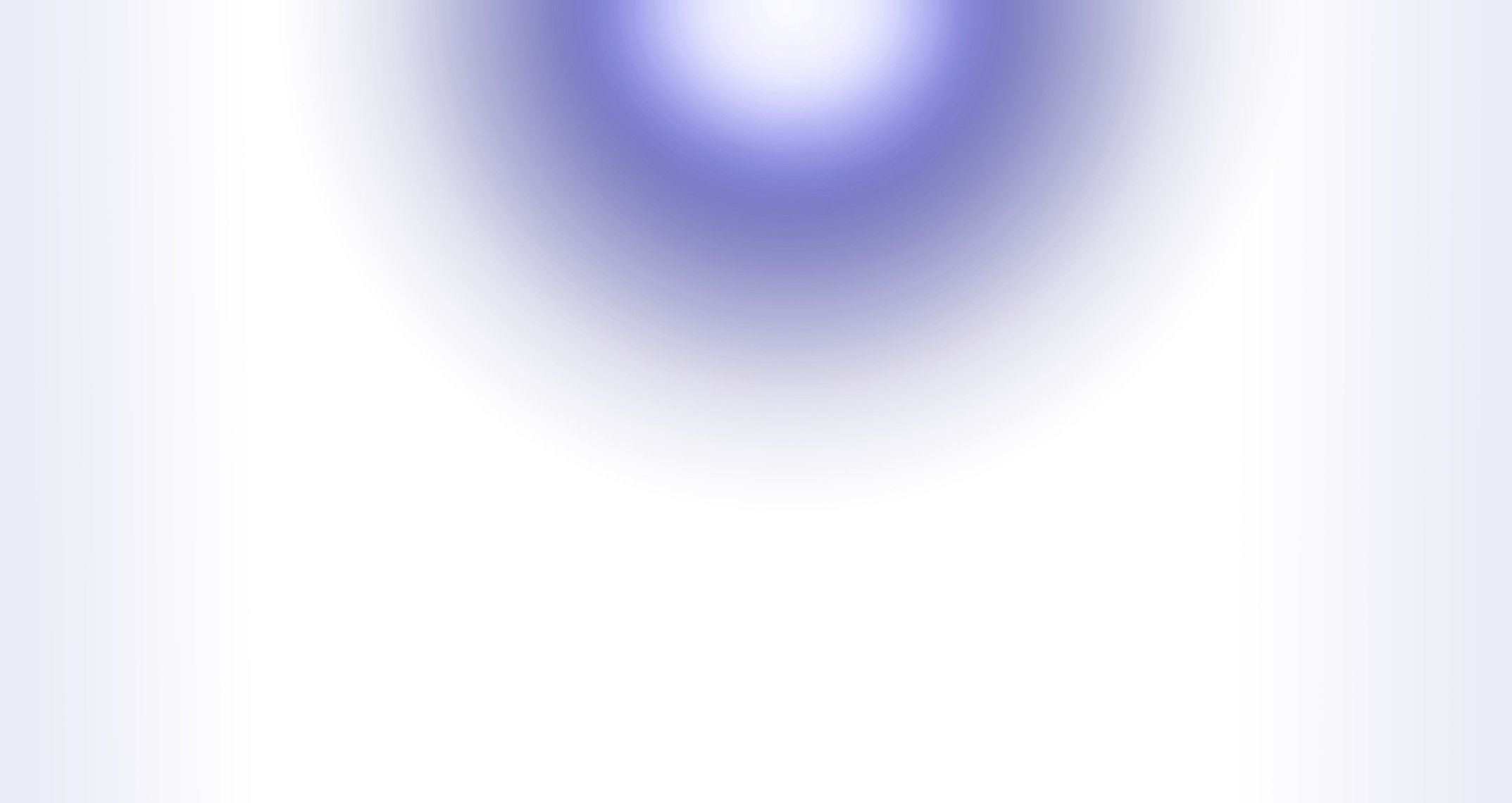
blog
FAQ
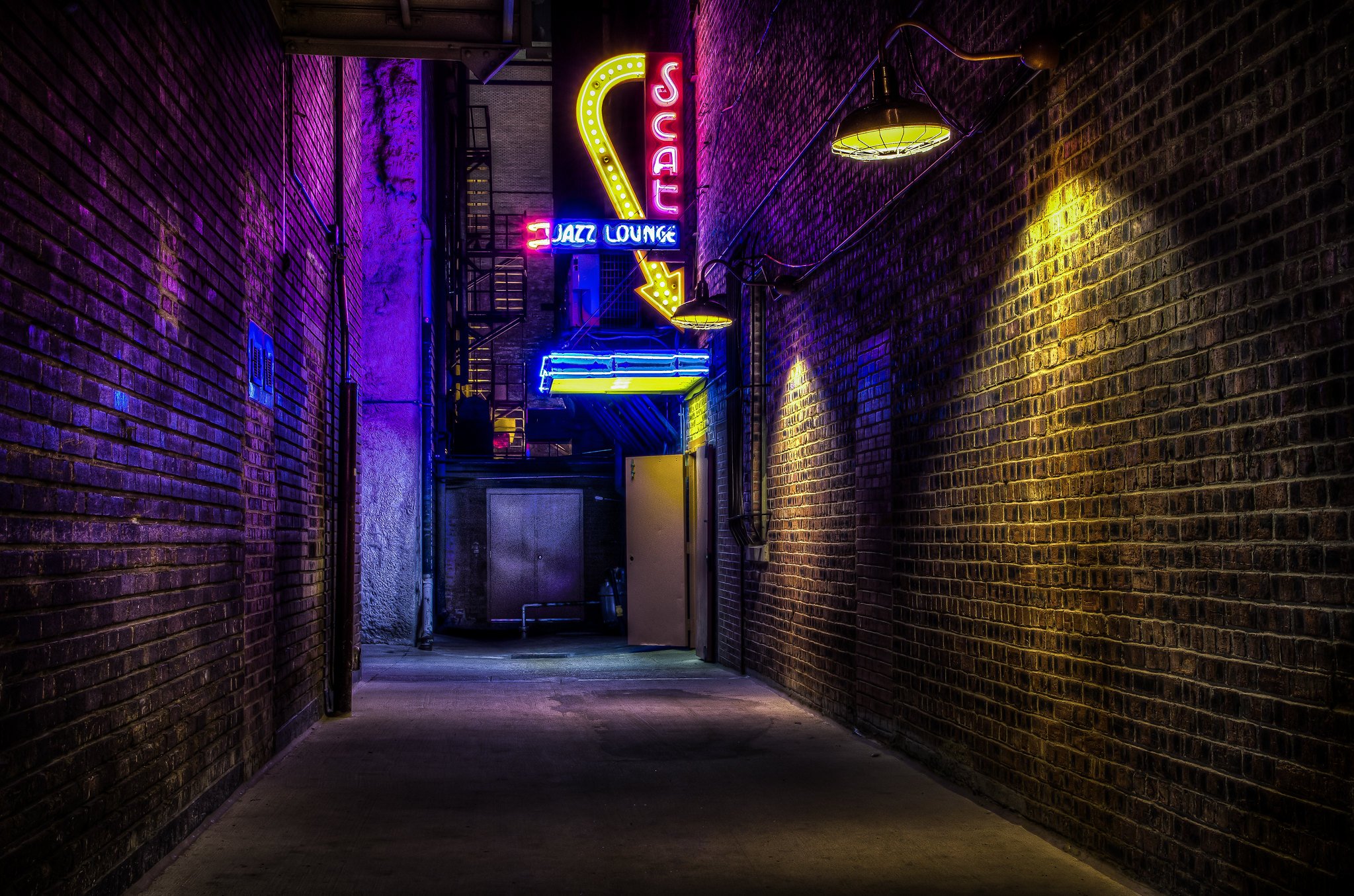
Visit my Substack: Hive Being
Visit my Substack: Hive Being

Don’t let anyone tell you that real life is lacking in poetic interest. This is exactly what the poet is for: he has the mind and the imagination to find something of interest in everyday things. Real life supplies the motifs, the points that need to be said—the actual heart of the matter; but it is the poet’s job to fashion it all into a beautiful, animated whole. You are familiar with Fürnstein, the so-called “nature poet”? He has written a poem about growing hops, and you couldn’t imagine anything nicer. I have now asked him to write some poems celebrating the work of skilled artisans, in particular weavers, and I am quite sure he will succeed; he has lived among such people from an early age, he knows the subject inside out, and will be in full command of his material. That is the advantage of small works: you need only choose subjects that you know and have at your command. With a longer poetic work, however, this is not possible. There is no way around it: all the different threads that tie the whole thing together, and are woven into the design, have to be shown in accurate detail. Young people only have a one-sided view of things, whereas a longer work requires a multiplicity of viewpoints—and that’s where they come unstuck.—Goethe (Conversations with Eckermann)
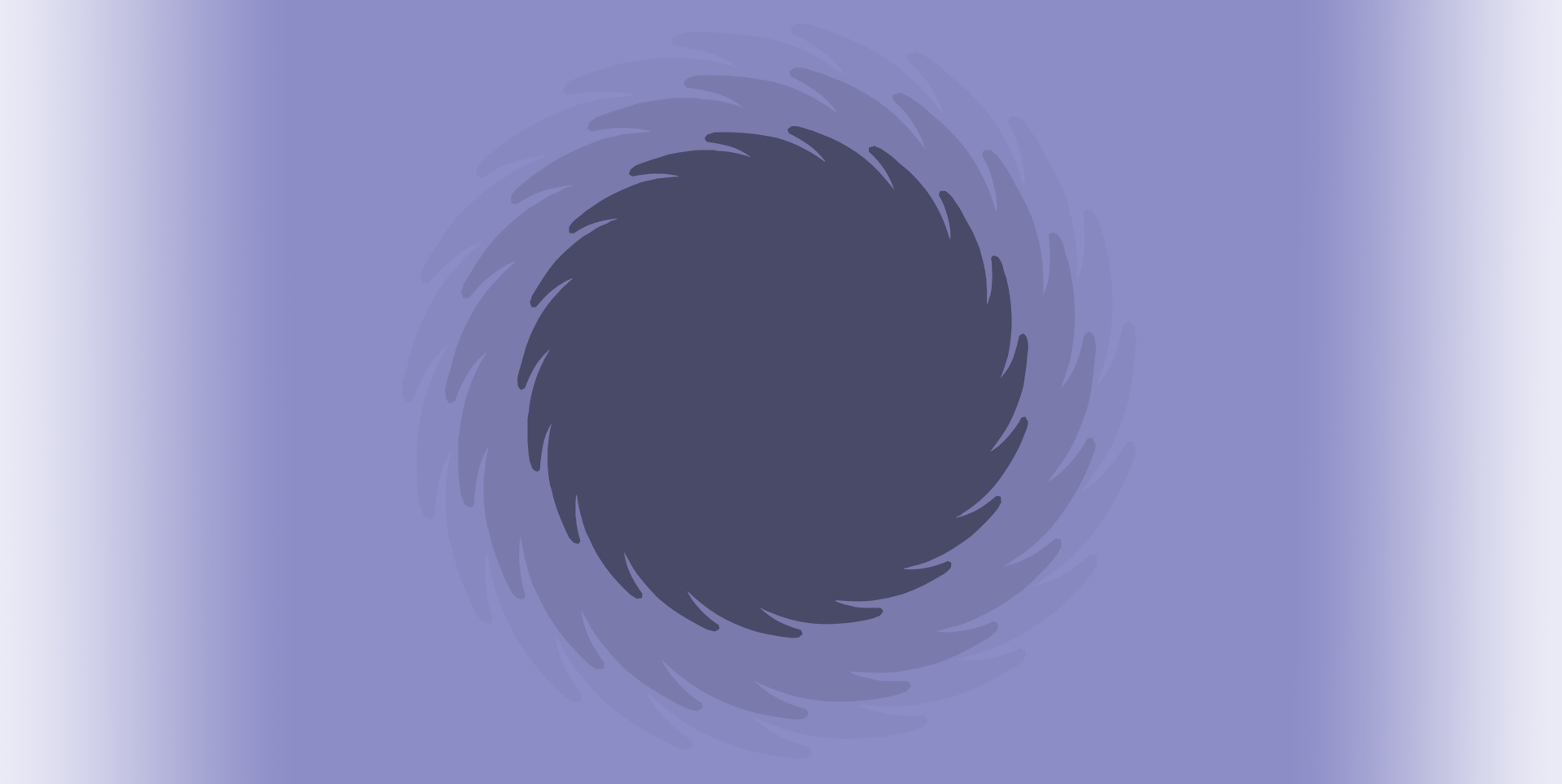
Featured Blog Posts
have appeared last night—
all those met along the way?























